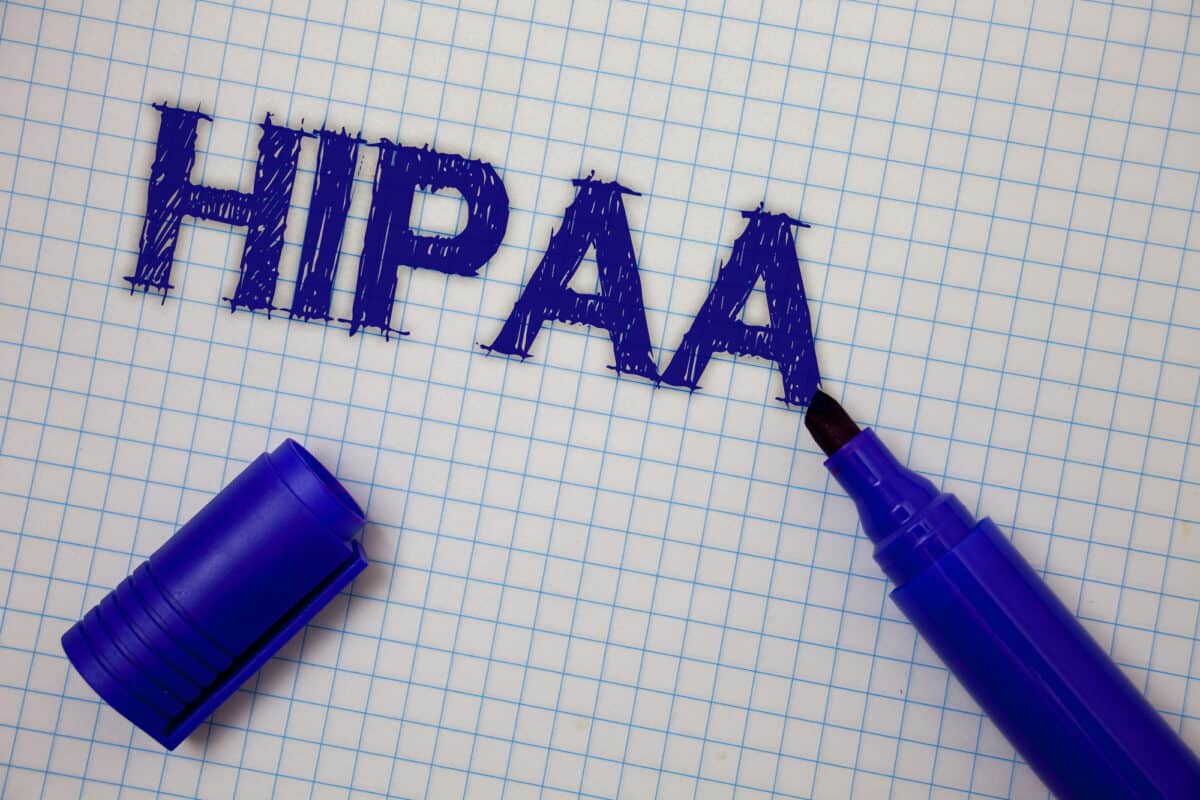HIPAA compliance may be a daunting idea, particularly given that non-compliance penalties can result in fines of up to $250,000, depending on the severity of the offense. Most of the time, it is in the providers’ best interest to employ or train a HIPAA compliance expert who is dedicated to upholding security standards and monitors staff members’ handling of PHI (patient-protected health information).
HIPAA Compliant Practices
- Employees of practices that execute health plan administrative tasks are required to undergo an up-to-date training program on properly handling protected health information (PHI).
- Be careful not to discuss private health information (PHI) with anybody who shouldn’t have access to it, including people you know from work or from your personal life. HIPAA compliance software can assist you in the best manner.
- Avoid accessing a patient’s record unless it is required for work or unless the patient has given you formal permission to do so.
- Reduce the likelihood of other people hearing confidential patient information. When others are around, and within hearing distance, you shouldn’t refer to a patient by their full name.
- When not in use, keep any documentation that contains PHI hidden from prying eyes by storing it in a drawer or a folder. Cover charts, so that patient names are hidden. Under no circumstances should records or other PHI be left unattended. Pointer to be added: To adhere to HIPAA security regulations, conduct a regular risk assessment and draft a risk management plan accordingly. It must also include a system activity review to train the new staff.
- Computer applications that hold patient information should be closed down when not in use. In this context, practice management systems that come equipped with automated time-out settings might be of great use.
- Restrict the communication of protected health information (PHI) through email to those instances in which the information cannot be communicated in any other manner.
- You should always utilize a cover sheet when faxing protected health information (PHI).
- Create a backup copy of all of the discs that contain PHI. According to conclusions just released by the United States Department of Health and Human Services, it is better to secure your patients’ information by using a cloud server that complies with HIPAA than to use a locally hosted server or paper documents.
- Specified individuals should each be granted a unique degree of security clearance. Role-based security protects workers from making unauthorized changes to data or gaining access to information irrelevant to the tasks they are responsible for.
- Never, ever give out your passwords to other staff members. The HIPAA champion is responsible for distributing passwords to all workers granted access to protected health information (PHI). Voice recognition or even fingerprint detection may be used in conjunction with user-specific passwords to strengthen the security of single sign-on PM systems.
- Shredding paper files is an appropriate way to dispose of material that may include PHI.
- Computers must have anti-virus software that has been kept up to date installed on them. This ensures that your company is protected against potentially harmful software reasonably.
- It is essential to get the details and confirm that any third-party providers, cloud storage solution or other companies working with your medical practice comply with HIPAA regulations appropriately.
Conclusion
Today, hospitals, clinics, and other health care providers handling private health information are required to comply with stringent standards to guarantee that data is kept safe at all times. These policies may be found in both the public and private sectors. Compliancy Group is the best-known platform to help you with HIPAA compliance. The best practices described here may help guarantee that your company’s data will not be stolen or compromised and that your business will not be subject to hefty penalties for failing to comply with regulations.
This is a sponsored post
Digital Health Buzz!
Digital Health Buzz! aims to be the destination of choice when it comes to what’s happening in the digital health world. We are not about news and views, but informative articles and thoughts to apply in your business.


